Ryan Haines / Android Authority
Over the last few years, I’ve tried well over a dozen phone service providers across a variety of different price points. While I regularly recommend a few carriers above the rest, what if you’re simply looking for the cheapest service you can get without sacrificing too much in terms of quality and features? The good news is that there are plenty of options out there.
Below, I’ll focus on just five carriers that I feel offer a solid mix of pricing, reputation, and features. These aren’t necessarily the absolute cheapest carriers, but they are the cheapest I’d actually recommend if you still want service that comes close to the big guys.
Which of these budget carriers do you feel is the best?
0 votes
US Mobile
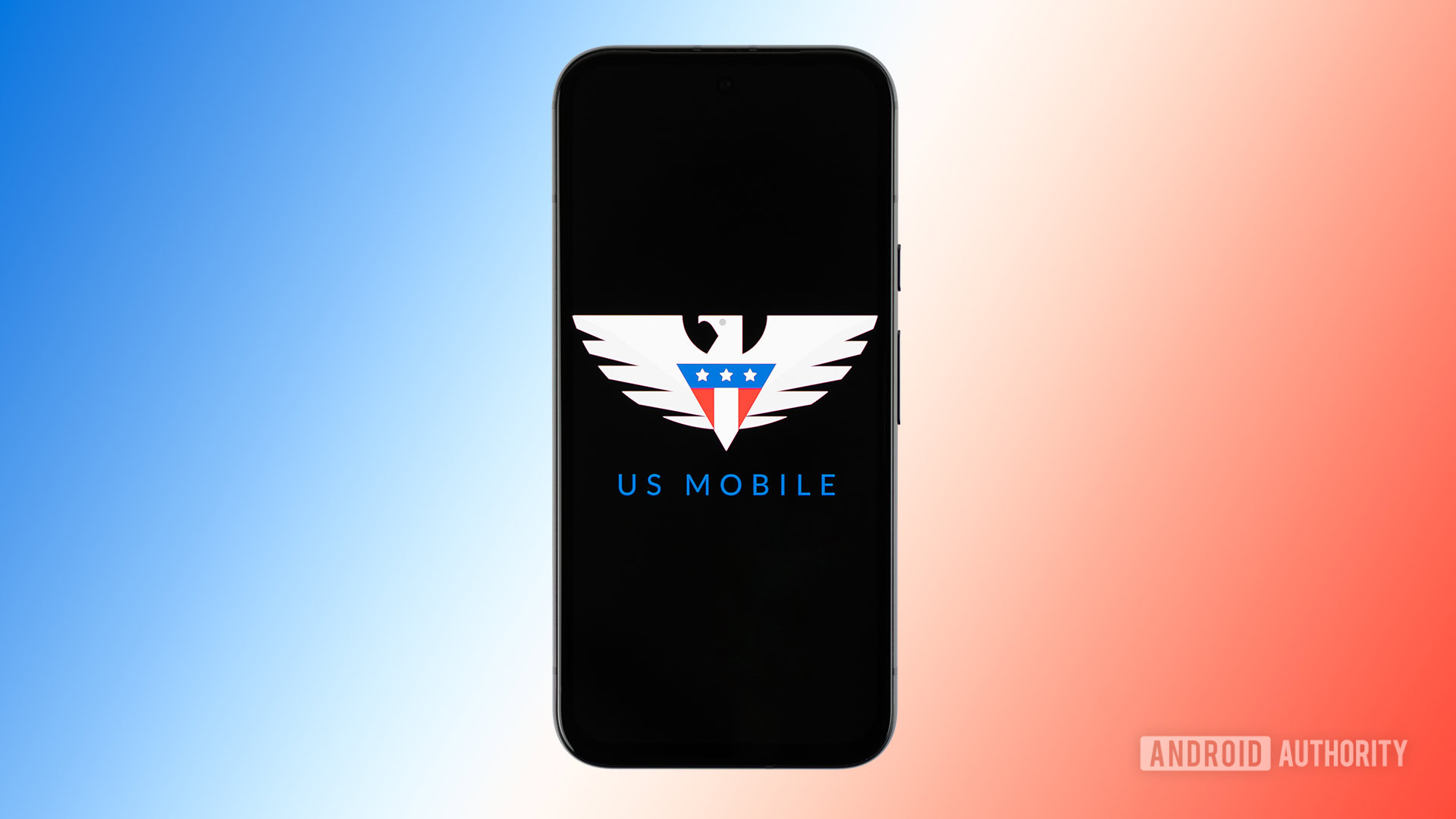
Edgar Cervantes / Android Authority
US Mobile is easily one of my top recommendations if you’re looking for affordable phone service without massive compromises. There’s a lot to like about this carrier, including aggressive pricing, wide network support, and much more.
Here are just a few of the biggest highlights:
- Plans start as low as $8 a month for 2GB, with unlimited options as low as $25 a month—or even less for those willing to pay for a year upfront.
- Taxes and fees are included in the advertised pricing.
- Ability to use all three major networks (T-Mobile, Verizon, AT&T), with options that let you run two networks on a single device.
- Select plans include extras like international calling and roaming, as well as free cellular smartwatch service.
I’ve used this carrier on and off over the years, and while I do think they sometimes overpromise when it comes to new features and promotions, this is ultimately one of the better prepaid options for those on a budget. The fact that select plans include higher-priority speeds, nearly on par with postpaid, also doesn’t hurt.
Tello
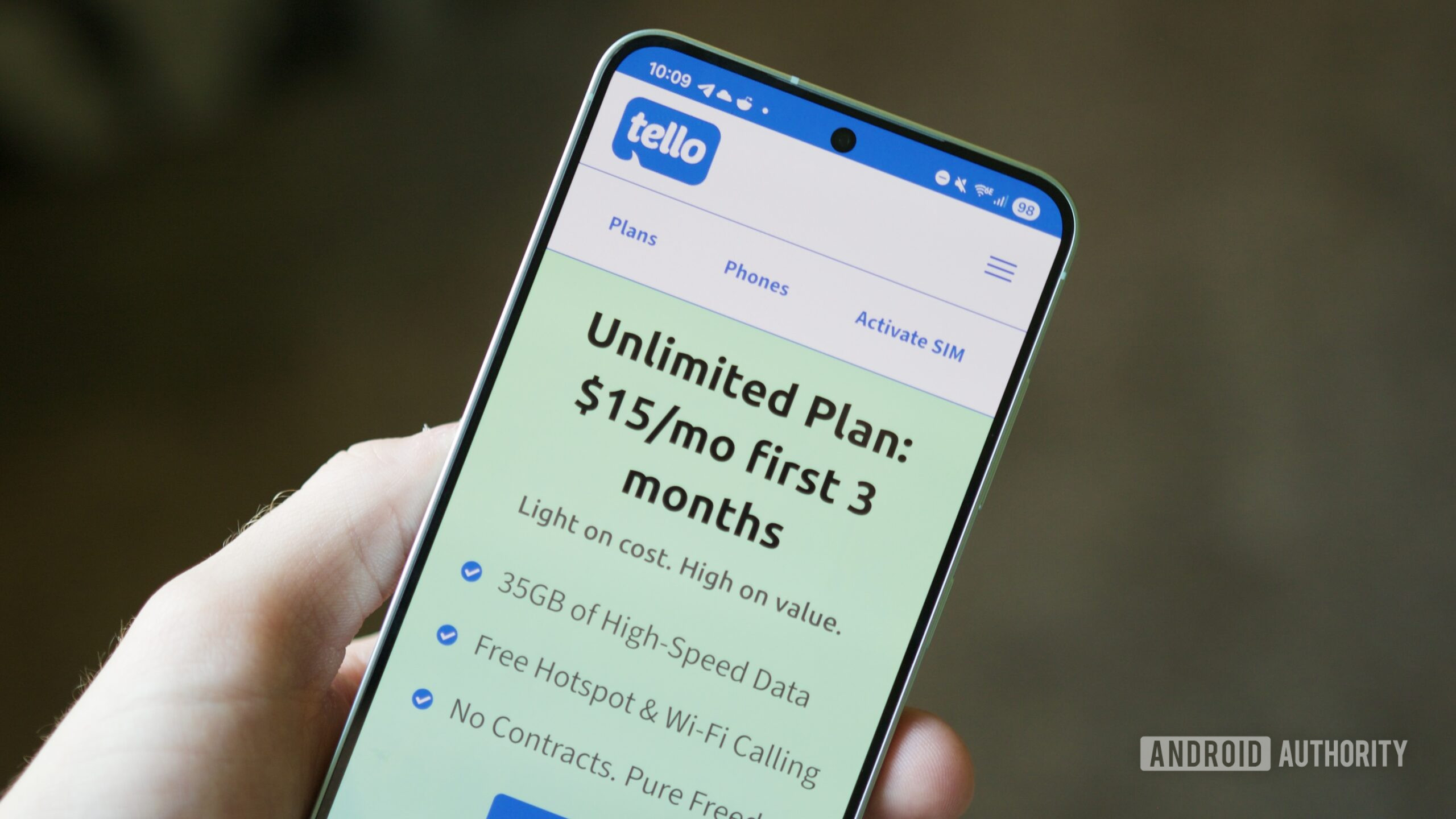
Joe Maring / Android Authority
Tello doesn’t offer special perks or extras, but it does make it easy to customize exactly what you’re getting. If you want a no-frills service for kids, the elderly, or those who don’t use much data, there are few choices as cheap as this.
Here are just a few of the carrier’s biggest highlights:
- You’ll get T-Mobile’s network at a fraction of the price, though it is at lower priority, which is more akin to T-Mobile Essentials.
- You can customize your plan’s talk, text, and data allotments to best fit your needs. Only need data? You can get 1GB for as low as $5 with no talk or text, or you can add unlimited talk and text for just another $4.
- Pricing ranges from $5 to $25, with the “unlimited” plan giving you 35GB of high-speed data with 256KB speeds after (basically enough to send an MMS/RCS, etc).
Think of Tello as a training wheels carrier, or an option for those who mostly use Wi-Fi. I’ve personally used Tello as a starter service for two of my kids before they graduated to more feature-heavy plans.
Mint Mobile
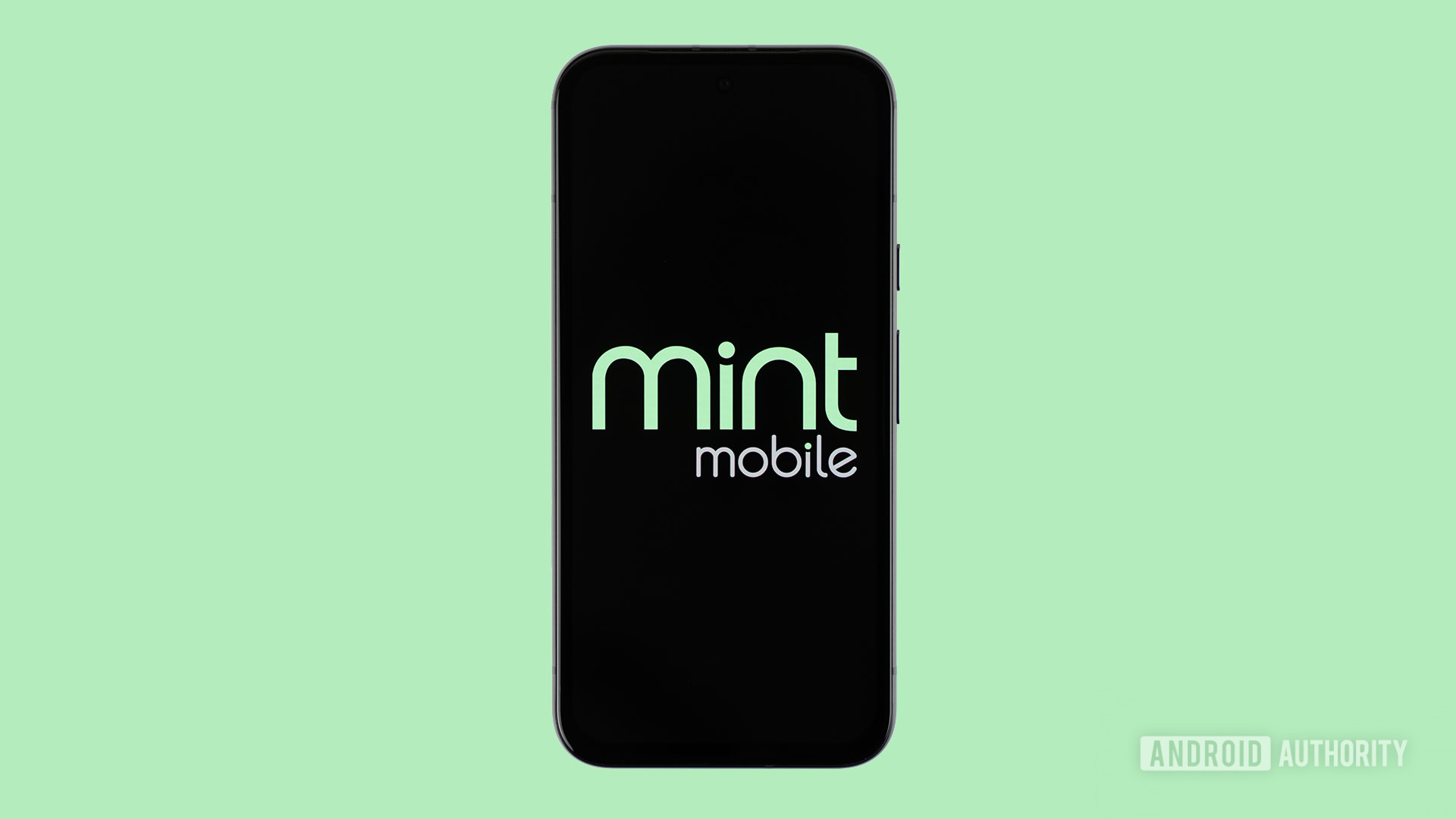
Edgar Cervantes / Android Authority
Mint Mobile is probably one of the best-known prepaid brands out there, thanks to its association with Ryan Reynolds in its advertising. This provider is owned by T-Mobile and runs on the uncarrier’s networks.
Here are just a few of Mint Mobile’s biggest highlights:
- Just like Tello, you’ll get T-Mobile’s network, but once again at a lower priority data rate than you’d get with mid-range or higher postpaid service from T-Mobile.
- Plans range from $15 to $30 a month when paid annually, with data ranging from just 5GB to Unlimited.
- All plans offer free calling to Mexico, Canada, and the UK from within the US, with optional international roaming packages available. The Unlimited plan also includes free roaming in Canada.
- The Unlimited plan has truly unlimited data, unlike Tello. After you run out of 35GB of data, you may see further deprioritization during times of congestion, but no firm cut-off.
Aside from testing Mint for a few months here and there, I haven’t used it long-term. Still, if you don’t mind paying annually, it’s a decent alternative to US Mobile or Tello.
Helium Mobile
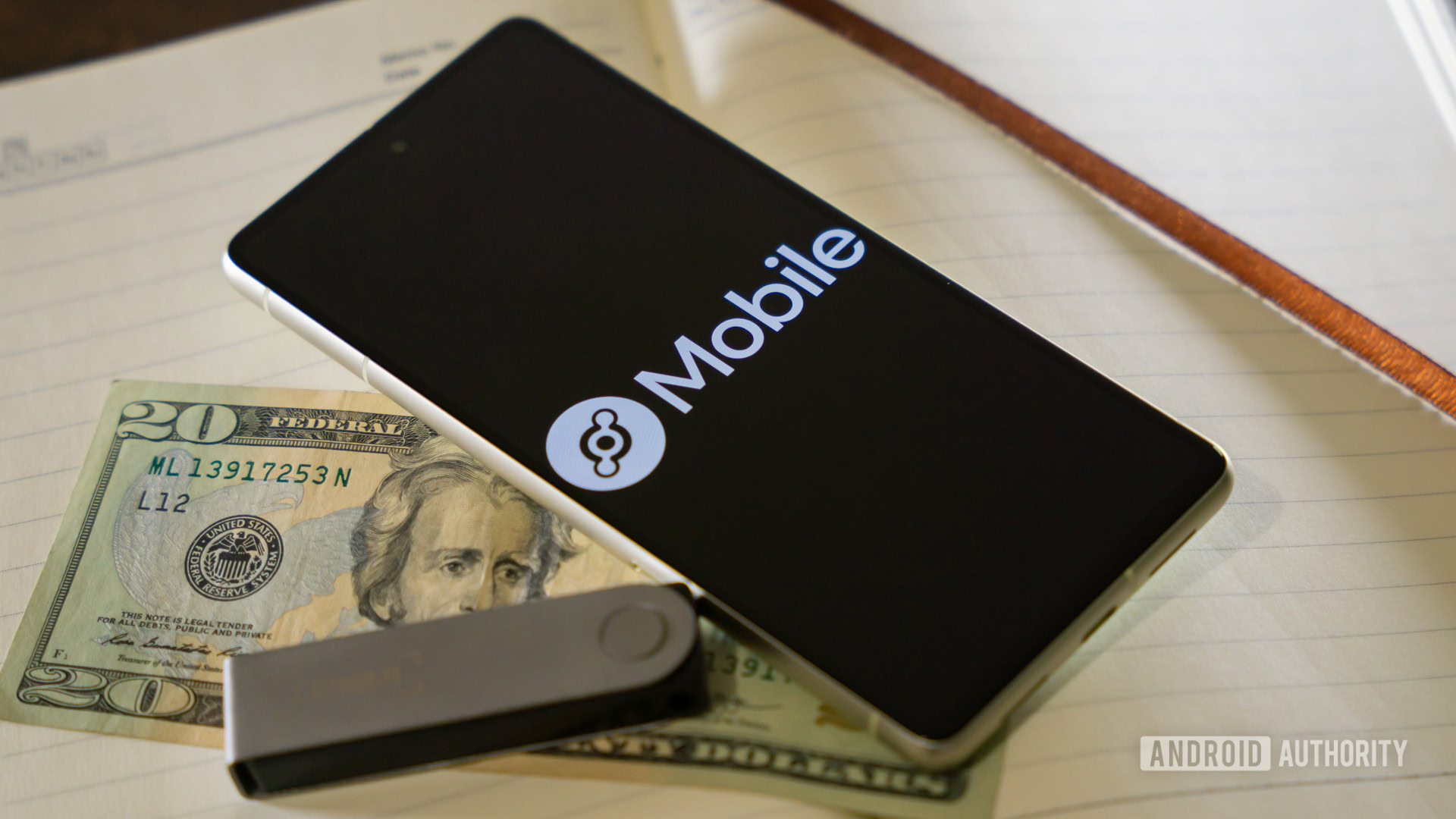
Edgar Cervantes / Android Authority
Helium Mobile isn’t a carrier I recommend often, mostly because there are so many other options that usually make more sense. Still, it stands out for affordability, largely because it’s pretty much the only carrier out there with a free plan. Yes, you read that correctly.
Although Helium offers several plans, its free option is the most attention-grabbing. Here are a few other highlights worth mentioning:
- Like most carriers on this list, Helium runs on T-Mobile with low-priority data, similar to T-Mobile Essentials.
- Plan prices range from free (with 3GB of data) to $30 for unlimited data (well, really 36GB, but you know—marketing).
- There are also Kids plans from $5 to $15 a month, with data allotments from 3GB to unlimited (36GB cap).
I’ve tested both Helium’s free and Infinite plans and found both worked fairly well, but I was most impressed by the free plan. You only get 3GB of data, 100 minutes of voice, and 300 texts, but as a backup service to your main carrier, it works well.
Visible
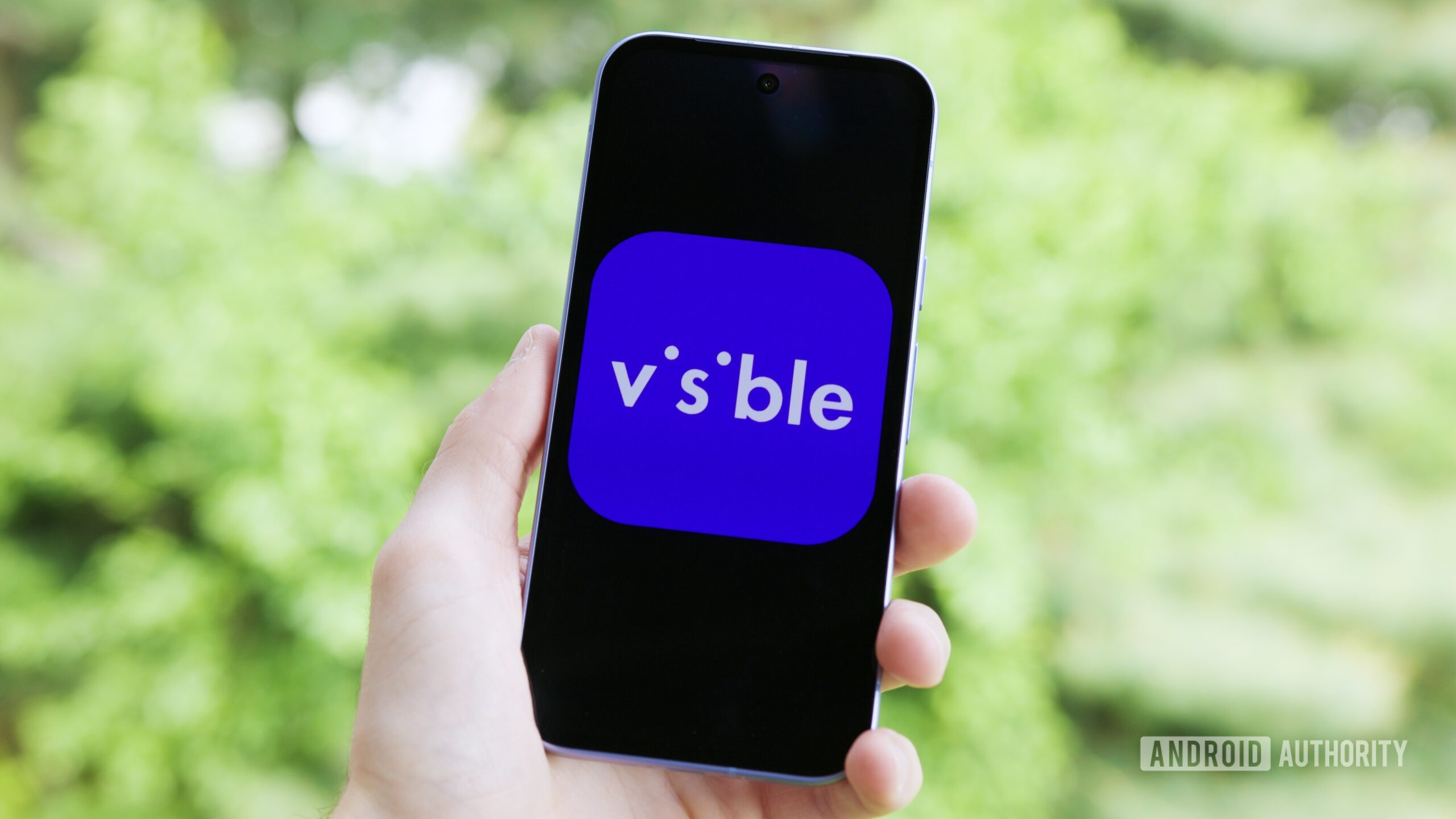
Joe Maring / Android Authority
Last but certainly not least, we have Verizon’s value brand, Visible. This is one of my personal favorites: you get truly unlimited data for rock-bottom prices, all on Verizon’s network. There are also plenty of extra features that make the experience feel almost like postpaid Verizon.
Let’s take a closer look at what Visible has to offer:
- Three plans to pick from, ranging from $25 to $45 a month, with an additional $6 off each month for the first year.
- All plans include unlimited data with no caps, but Visible Plus and Visible Plus Pro offer higher priority data that’s above what you’ll find with entry-level postpaid Verizon service, though likely still a slight step below mid-range or higher Verizon plans.
- All plans include unlimited talk and text to Mexico and Canada, with select plans adding international roaming options that rival many of the higher-end postpaid plans and are only upstaged by the king of international roaming, Google Fi.
- Select plans include extras like smartwatch service for free and streaming up to 4K UHD.
Just to be clear about how much I recommend Visible: I’m gradually moving my family’s Verizon postpaid lines over after a brief switch to postpaid a few years ago (I wanted new phones but foolishly didn’t want to pay upfront).
Which carrier should you choose?
As you’ve probably guessed, there’s no one-size-fits-all answer to the best cheap carrier. That said, here are some recommendations based on your needs:
- Use a lot of data and want the cheapest price? Visible is a no-brainer: unlimited ranges from $25–$45 (or less for the first year), and users have reported using 300GB or more with no problem.
- Need the flexibility to change networks? US Mobile is the only carrier offering this, while still keeping plans as low as $8. Even the priciest options max out at $44 a month (or less for Dark Star users).
- Want no-frills access and don’t need much data? Tello or US Mobile are my go-to choices for those who only need 5GB or less. Both have plans well under $15—or even as low as $5 for the basics.
- Need cheap unlimited data and don’t mind an annual payment? Mint Mobile currently has a promo for a year of unlimited service at just $15 a month.
- Looking for a kid’s plan or for someone who doesn’t use their smartphone much? Tello is my usual go-to for kids, but Helium is a good alternative, with kids’ plans as low as $5 and even a free plan—though it’s pretty limited in talk and text.
That’s just a few use cases, but the big takeaway is that every carrier has its pros and cons. While these are the five I personally recommend, it’s important to do your own homework to find which will truly serve your unique needs best.
Thank you for being part of our community. Read our Comment Policy before posting.






